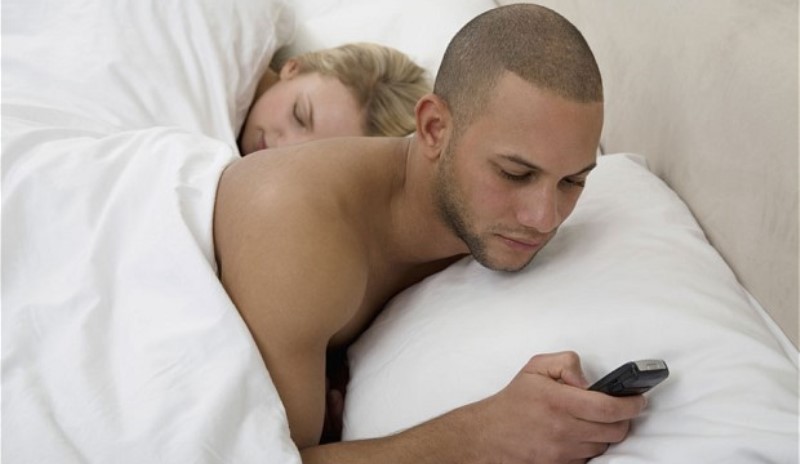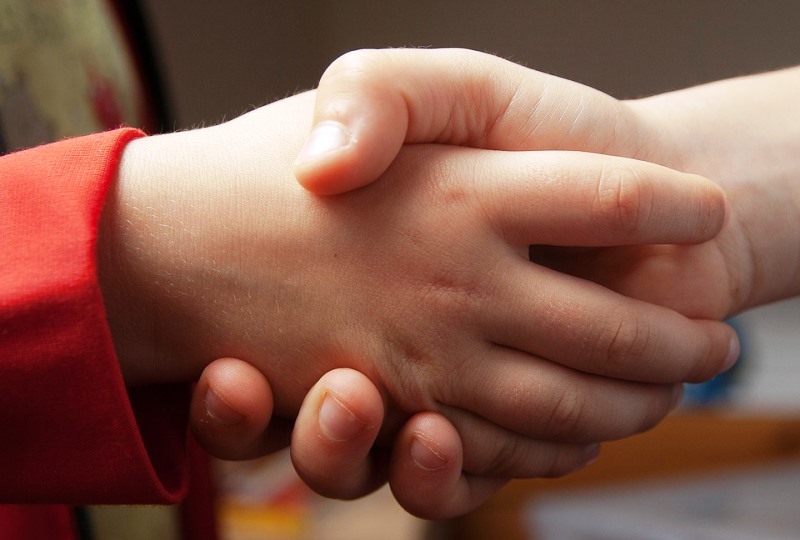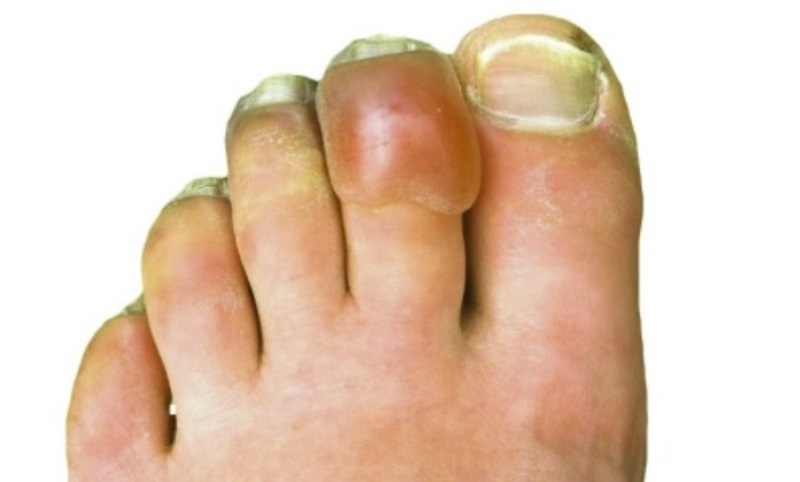“I don’t know if you’ve ever felt like that. That you wanted to sleep for a thousand years. Or just not exist. Or just not be aware that you do exist. Or something like that. I think wanting that is very morbid, but I want it when I get like this. That’s why I’m trying not to think. I just want it all to stop spinning.” ― Stephen Chbosky
In an age of elusiveness (remember Pokemon Go?), the thing that eludes us most is sleep. It is like the Holy Grail of life- an urban myth where wonky work hours, FOMO and constant connectivity make sleep harder to find. No wonder, there are people taking to sleep spas or therapists to find and nail a night of healthy, sound sleep. But did you know that your sleep isn’t simply influenced by things you do- it may also be affected by the things you believe. Myths about sleep abound and misinformation is so convincing that you buy into it without as much as a second thought. Because your shuteye time is precious and of course, we care, we decided that it was time we helped you get your facts straight. So, here’s a myth buster piece that may blow common myths about sleep (you are definitely guilty of believing) into smithereens!

Image source: Pixabay, under Creative Commons License
Check to see if you have need to plead guilty:
Suggested read: All you need to know about the numerous health benefits of celery
We need 8 hours of sleep
One of the most common myths about sleep, this one came as a surprise to us as well. Like with clothes (and men), there is no one-size-fits-all approach for sleep. The amount of sleep needed varies from person to person- with the range being anywhere between five to ten hours. To help you determine if you are getting less sleep or more, look for clues in your daily routine. If you find yourself having to prop open your eyelids through meetings or snoozing through Netflix marathons, it may be time to switch to longer bedtime. However, if you do not as much as blink an eye even as you work wonky hours and get through late night hangouts like a breeze, your body ain’t sleep deprived and you are getting much more of sleep than you possibly need.
An interruption in sleep only costs as much loss of sleep as duration of the interruption

Image source: Google, copyright-free image under Creative Commons License
Whether you wake up to answer a phone call or put your crying baby back to sleep, the interruption costs you much more than those waking minutes. In fact, intermittent sleep interruptions have been proven to be as bad as sleep deprivation. According to a 2014 study in Sleep Medicine, the effects of sleep interruption were tested on new parents, even as the sleep interrupted parents were allowed longer hours of sleep than the other faction who enjoyed continuous, yet lesser hours of sleep. The effect on both groups were similar- with both groups reporting irritation, fatigue, depression and lethargy. One needs to remember that any sleep interspersed with awakenings affects more than just your sleep pattern- it affects your mood and defines the tone for your day afterward.
We should keep our bed time and waking up time fixed
This one is partially true. We benefit from keeping our sleep timings the same over days, give or take one hour (even if it’s holiday season). You can vouch for this one on account of those Saturday mornings when you slept your way into afternoons, and induced jet lag without as much as moving. Our bodies are attuned to sleeping and waking a certain time and it isn’t healthy to disturb the circadian rhythm. One needs to listen to one’s body and simply, do what it bids. There is no reason to set one’s sleeping and waking timings in stone but one can certainly benefit from a viable range within which one could head to bed or wake up. If one finds one’s eyes drooping after a long day, it maybe bedtime. Similarly, sheer laziness is no reason to stay in bed even after you can’t catch sleep.
My internal body clock is sufficient

Image source: Google, copyright-free image under Creative Commons License
The suprachiasmatic nucleus or the master clock of the body helps to establish an internal rhythm but it isn’t enough to sustain this rhythm. If you disturb the circadian rhythm, your body clock is thrown off balance. Circadian disruption affects your body physically. If you sleep through weekends, your body suffers from jet lag, and you wake up groggy, tired and irritated. Over long term, throwing your body clock off balance and confusing it with overtime work shifts, irregular sleep patterns etc can leave you susceptible to serious diseases like breast and colon cancer. Circadian disruption is extremely harmful to the body and can create problems for your lungs, intestine and liver as well.
Suggested read: How to retain your identity in a relationship
Whiling time in other activities helps to sleep
If you find yourself tossing and turning in bed for more than fifteen to twenty minutes, get up and do something else. Our brain is accustomed to associating the bed with sleep (and sex, of course). Using the bed for anything other than sleep- say reading, watching Suits, creating a wedding to-do list on Pinterest or simply, surfing the internet can have it associate the bed with these activities as well. These active associations, then, shall prevent you from falling asleep on other days as well. So what do you do? You can still take to these activities that help you fall asleep- just do them outside bed. Watch a series on the couch, read at your desk, surf the internet in the living room- and when you do start to feel your eyelids drooping, plop yourself on the bed and fall asleep. If you still can’t get sleep, still avoid doing anything else in bed. Rinse and repeat until you acquire the process.
The process is deemed stimulus control by behavioral psychologists and can help you sleep. It is a great way to battle chronic insomnia.
Featured image source: Pixabay, under Creative Commons License













